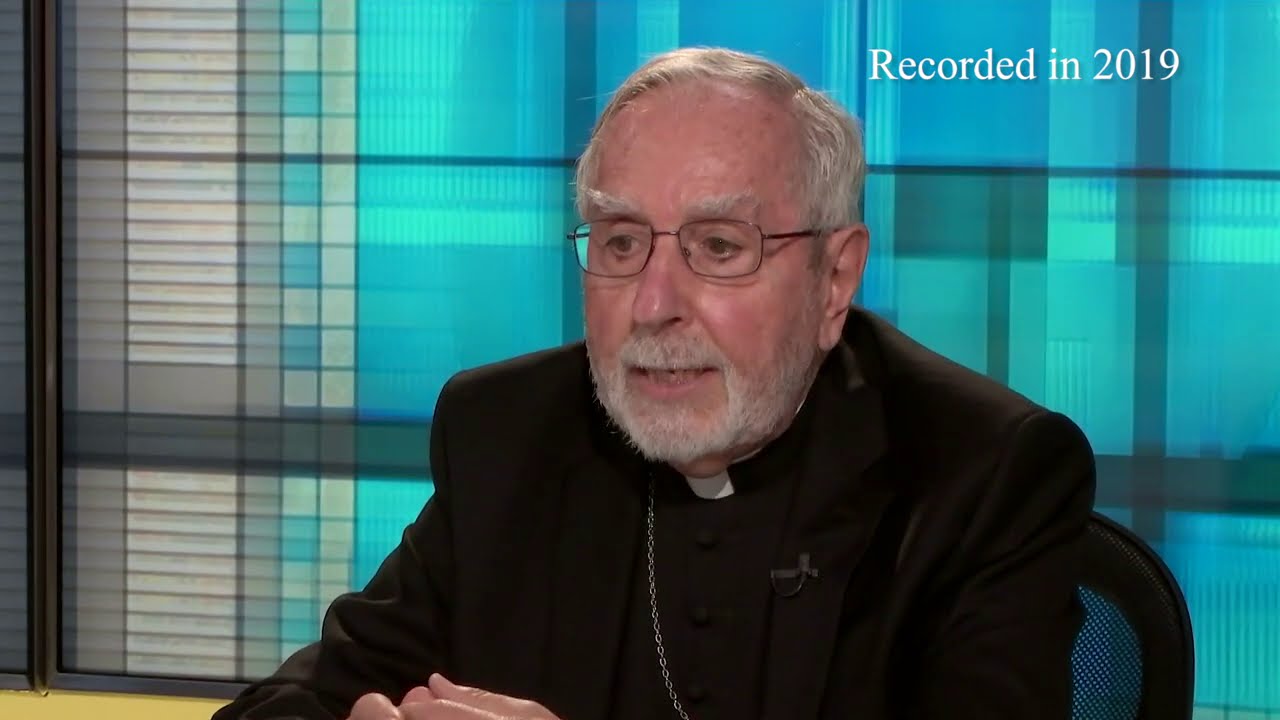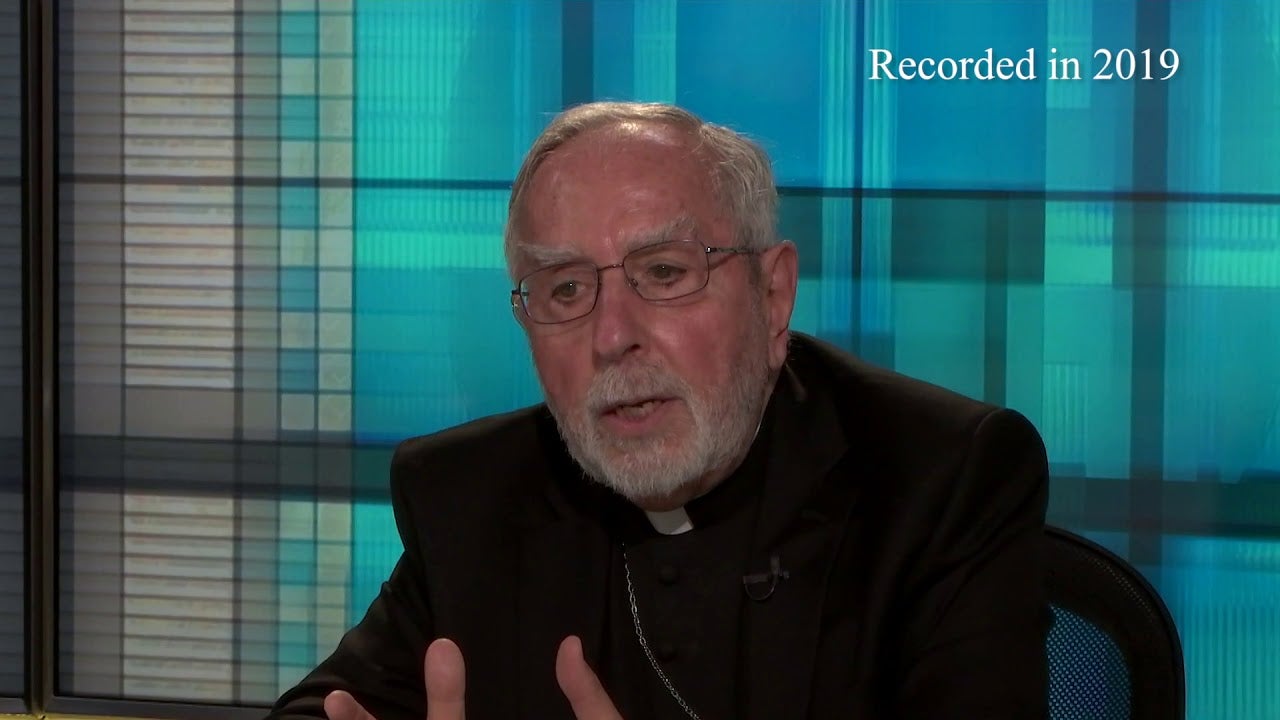For those lay ecclesial ministers, priests and deacons who are given responsibility for ministry leadership in specialized roles, there are many benefits to certification.* The church at the national, regional, and local level shares in those benefits, as do academic and other institutions, along with those who mentor such ministers. Click below to learn more about the benefits.
Benefits to the Church in the United States ● Benefits to Provinces, Regions and State Catholic Conferences ● Benefits to the Local Church ● Benefits to Academic Institutions ● Benefits to Mentors of Candidates for Certification ● Benefits to Lay Ecclesial Ministers ● Benefits to Agencies, Institutions and Church Communities
*The material below is written specifically with certified lay ecclesial ministers in mind, as lay ministers are the majority of those seeking certification. However, the benefits of certification also readily apply to priests and deacons who seek certification for specialized ministry roles. Also, while the term "certification" is used throughout, the benefits listed apply to any effort to enhance ministry formation standards and minister preparation more broadly as well.
Benefits to the Church in the United States
Certified Lay Ecclesial Ministers contribute to the continued growth and definition of the rightful position of Lay Ecclesial Ministry in the Church. This responds to a need identified in Parishes and Parish Ministers: A Study of Lay Ministry, National Pastoral Life Center 1999, reiterated in Lay Ecclesial Ministry: The State of the Questions, (NCCB/USCC 1999), and reemphasized in Co-Workers in the Vineyard of the Lord, USCCB, (2005, hereafter Co-Workers). Certified Lay Ecclesial Ministers also help Catholic Church entities to be in compliance with norms and guidelines for formation:
"Lay persons who devote themselves permanently or temporarily to some special service of the Church are obliged to acquire appropriate formation which is required to fulfill their function properly and to carry it out conscientiously, zealously, and diligently."
— Code of Cannon Law, 231 #1; Co-Workers, p. 33
Benefits to Provinces, Regions and State Catholic Conferences
When provinces, regions and state Catholic conferences work together toward certification, all can benefit from, and promote the following values:
"Whenever possible, provinces or regions can develop consistent certification standards and procedures so that lay ecclesial ministers might transfer from one diocese to another in the region with the approval of the sending and receiving bishops."
—Co-Workers, p. 57
Certification promotes collaboration and cooperation between arch/diocese within provinces and regions and statewide Catholic conferences through utilization of the common certification standards and specialized competencies published by the Alliance for the Certification of Lay Ecclesial Ministers (The Alliance).
The Alliance received approval for its revised standards for Lay Ecclesial Ministers for the new national certification process from the former USCCB Commission on Certification and Accreditation in fall 2011. The standards were written collaboratively by the Federation of Diocesan Liturgical Commissions (FDLC), In Word & Witness, the National Association for Lay Ministry (NALM) National Association of Pastoral Musicians (NPM), and the National Federation for Catholic Youth Ministry (NFCYM). The intended value of these common certification standards and specialized competencies include giving directions to the future of Lay Ecclesial Ministry in the church; recognizing and affirming those already in ministry; and promoting faithful and competent Lay Ecclesial Ministers who are accountable to standards and to the arch/diocese or organization that certify them.
The USCCB Subcommittee on Certification for Ecclesial Ministry and Service standards require arch/diocesan offices and national organizations to provide verification that the assessment of specialized ministers seeking certification is based on the competencies outlined by The Alliance. All of the materials pertaining to the standards and certification process are available on the Alliance website.
Benefits to the Local Church
Certification is a process that enables arch/diocesan officials to formally identify and authorize lay women and men for key positions and major leadership roles for specialized ecclesial ministries. Arch/diocesan directors offer vital support to parishes by assisting them in the identification of the need for and availability of certified Lay Ecclesial Ministers with specialized competencies. The following quotation points to this important task:
"A diocese must first identify those roles that, in the judgment of the diocesan bishop, are so essential to collaborating in the pastoral care of people that diocesan policies are needed to ensure that those who are given these roles have the appropriate education, formation, experience, and ecclesial recognition to meet the needs of the community."
—Co-Workers, p.56
The Subcommittee provides arch/diocesan directors with certification standards to assess the competency of candidates, and to state their own arch/diocesan standards for levels of academic formation and skill training required of certified ministers. Arch/diocesan office directors, as agents of their bishops, are enabled to provide clear standards for formation that fit the needs and special circumstances of the local church:
"The publication National Certification Standards for Lay Ecclesial Ministers Serving as Parish Catechetical Leaders, Youth Ministry Leaders, Pastoral Associates, and Parish Life Coordinators addresses these and related qualities as they are developed through ministry formation programs. The standards are a resource that can be helpful in identifying prospective lay ecclesial ministers as well as in setting goals for the formation and certification of those who are completing programs....
...The diocese can establish a program that candidates must complete prior to consideration for service within the diocese."
—Co-Workers, p. 30, p. 56-57
Certification testifies that Lay Ecclesial Ministers have received the appropriate formation required to enable them to be competent ministers in the area of specialization for which they are prepared. The certification of Lay Ecclesial Ministers may also provide legal safeguards for both new and existing individual Lay Ecclesial Ministers and arch/diocesan parish communities. Co-Workers points out the importance of formation in this manner:
"Ensuring the quality of pastoral care provided by lay ecclesial ministers requires a process for deciding that a given candidate has the education, formation, and professional skills necessary to serve in a particular role. This involves establishing the requirements for education, formation, and experience for specific ministerial roles and evaluating the extent to which individuals meet these requirements. This may vary from diocese to diocese, but the competence of those who serve needs to be verified in some way.
The diocesan bishop has several options for setting certification requirements. Some examples for specific ministry roles can be found in the certification standards established by national associations serving lay ministers in general or role-specific sub-groups and approved by the USCCB [Subcommittee on Certification for Ecclesial Ministry and Service].
—Co-Workers, p. 56**
Arch/diocesan directors can benefit from the assessment process of candidates. This process will assist them in responding to the continuing education and formation needs of the Lay Ecclesial Ministers. This ongoing process will ultimately establish clearer standards of ministry competence and accountability for specialized ministries. The following criteria helps to guide this process:
"Among the criteria the diocese might use in deciding how flexible these requirements can be are the availability of existing formation programs within the diocese or region, the financial and personnel resources of the diocese, the size and location of the diocese, and changing pastoral needs. In all cases, the requirements should be clearly stated and readily accessible to those interested in preparing for lay ecclesial ministry and to those who lead existing programs."
—Co-Workers, p. 56



